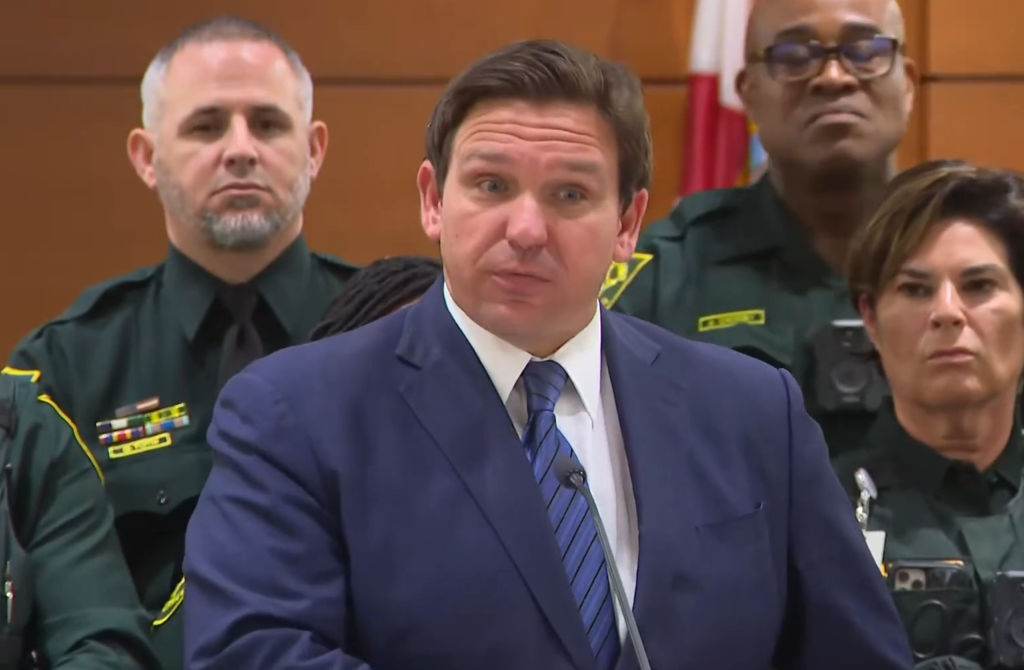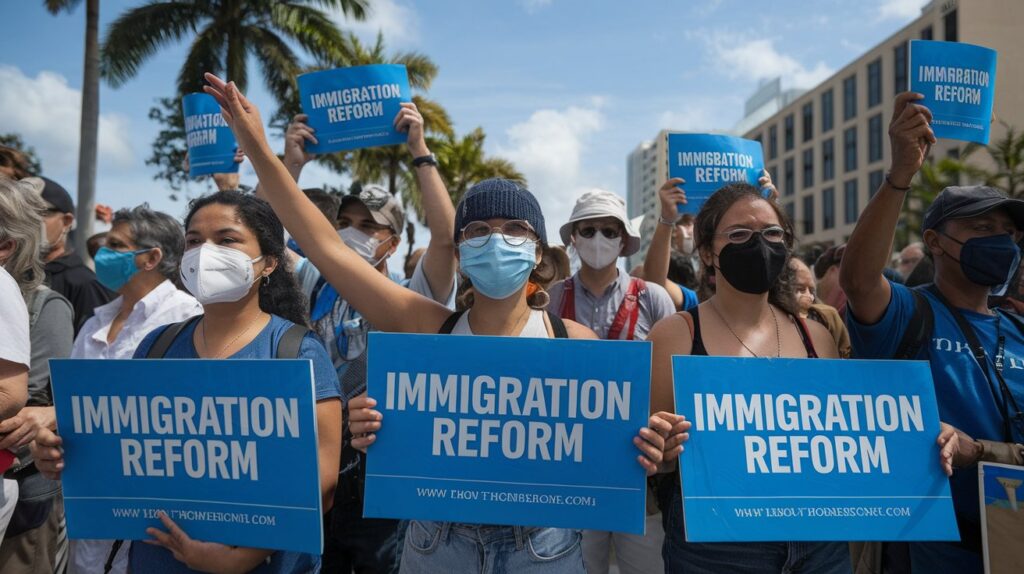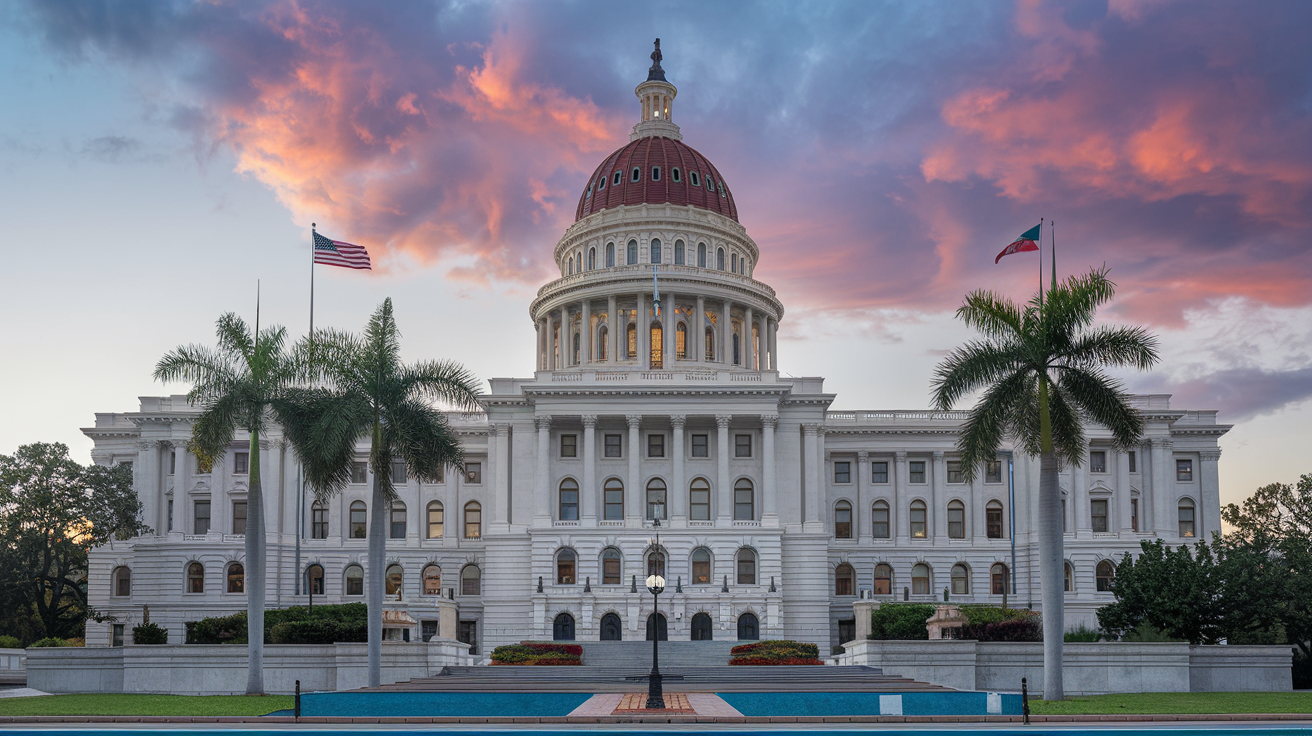Florida Lawmakers Tackle Immigration Reform Amid DeSantis Dispute, marking a pivotal moment in the state’s political landscape as leaders navigate the complex dynamics of immigration policies. This significant development has not only reshaped state legislation but also highlighted the evolving power dynamics between Governor Ron DeSantis and the Republican-controlled legislature.
Background of the Dispute
In January 2025, Governor DeSantis initiated a special legislative session to push for stringent immigration reforms. His proposals included appointing a state immigration officer directly accountable to him, criminalizing undocumented immigration, and expanding the controversial migrant transport program. However, the legislature countered with its plan, asserting legislative authority and setting the stage for a political standoff.
Key Components of the Compromise
After intense negotiations, a comprehensive immigration reform bill was passed, featuring key provisions designed to strengthen state enforcement while balancing executive and legislative interests:
- Establishment of a State Board of Immigration Enforcement: This board, including the governor, the agriculture commissioner, and other cabinet members, aims to oversee and coordinate immigration policies collaboratively.
- Criminalization of Unauthorized Entry: Florida has now made unauthorized entry into the state a criminal offense, reinforcing its commitment to stringent immigration enforcement.
- Repeal of In-State Tuition for Undocumented Students: The legislation removes previous allowances for undocumented students to qualify for in-state tuition, impacting access to affordable higher education.
- Budget Allocation: A budget of $298 million has been designated to bolster immigration enforcement, supporting over 80 new positions and providing grants to local governments for related initiatives.
Political Implications

This compromise underscores a notable shift in Florida’s governance. The legislature’s assertiveness in shaping immigration policy signifies a move towards a more balanced power structure. While Governor DeSantis has been influential in steering conservative agendas, the legislature’s role in negotiating and influencing policy outcomes is increasingly evident.
Impact on Communities and Broader Implications

The new legislation’s impact will be felt across Florida’s diverse communities. The criminalization of unauthorized entry and the repeal of in-state tuition benefits are expected to affect thousands of undocumented individuals and their families. Additionally, the substantial budget allocation for enforcement could lead to increased scrutiny and legal actions within immigrant communities.
Conclusion
The resolution of this immigration reform dispute represents a critical juncture for Florida. The enacted measures reflect an effort to align state policies with federal directives while navigating the delicate balance of power between the executive and legislative branches. As these policies unfold, their implications for Florida’s communities and the national discourse on immigration will be significant.





